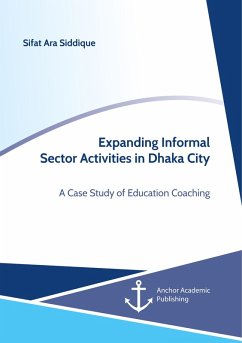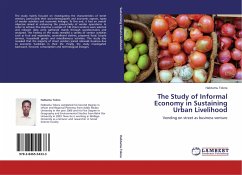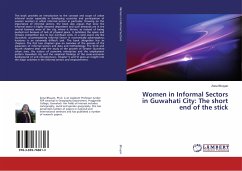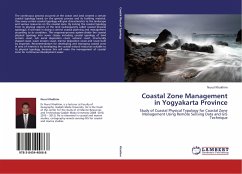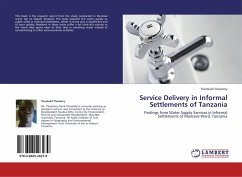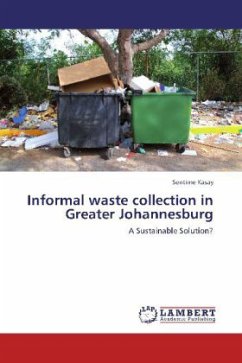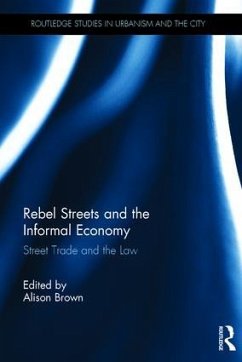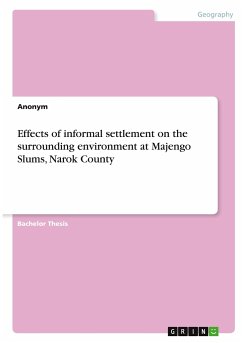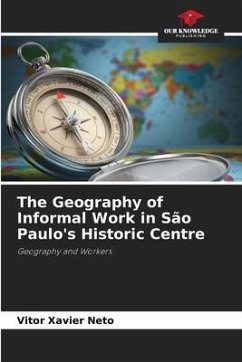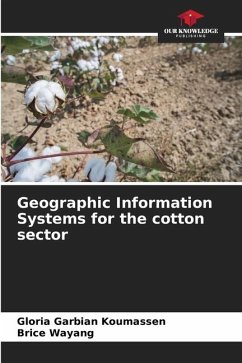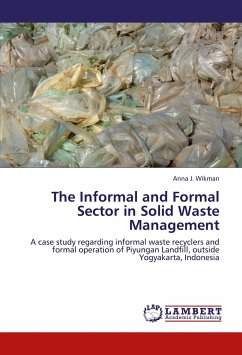
The Informal and Formal Sector in Solid Waste Management
A case study regarding informal waste recyclers and formal operation of Piyungan Landfill, outside Yogyakarta, Indonesia
Versandkostenfrei!
Versandfertig in 6-10 Tagen
27,99 €
inkl. MwSt.

PAYBACK Punkte
14 °P sammeln!
This work is built around an ethnographic field study in Kampung Bendo, outside Yogyakarta, Indonesia, close to a landfill where most inhabitants work as informal waste recyclers, collecting and selling materials for recycling and reuse. The aim is to look at the relationship between formal and informal sector in solid waste management and draw conclusions about the role of informal waste recyclers in low and middle-income countries. This dissertation's conclusion is that the relationship between the informal waste recyclers and the formal operation of landfills is complex and consist of sever...
This work is built around an ethnographic field study in Kampung Bendo, outside Yogyakarta, Indonesia, close to a landfill where most inhabitants work as informal waste recyclers, collecting and selling materials for recycling and reuse. The aim is to look at the relationship between formal and informal sector in solid waste management and draw conclusions about the role of informal waste recyclers in low and middle-income countries. This dissertation's conclusion is that the relationship between the informal waste recyclers and the formal operation of landfills is complex and consist of several preconceived notions. It also concludes that the informal waste recyclers do play an important role in low- and middle-income countries solid waste management, raising recycling rates and lowering local governments' management costs. Organisations in charge of formal operation of landfills and waste collection could supplement its knowledge and capacity by working through recognition and creating a partnership between a variety of private, informal and community actors.



